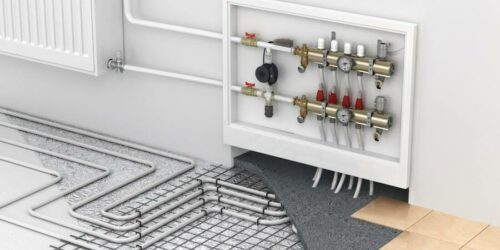Do I Need Planning Permission for Solar Panels?
- Most installations will not need planning permission
- Where restrictions are in place
- How to contact your Local Planning Authority if needed
If you’re thinking about going solar, you’re probably wondering if you need solar panel planning permission first. After all, you’re basically adding an extension to your property that will increase its value. With a solar array installed, you’ll be able to generate your own electricity that you can make use of throughout the day. You can then also export any unused surplus back to the national grid to make money.
This article will explain everything to do with solar panel planning permission, and when it’s required. Most installations will come under permitted developments, but there are instances where you will need permission before you can proceed in order to minimise the installation of solar panels, so as to protect the area or building. These can include listed buildings and being in a conservation area.
Ready to proceed with solar panels? Use our quote comparison tool to see how much it would cost you to install solar power.
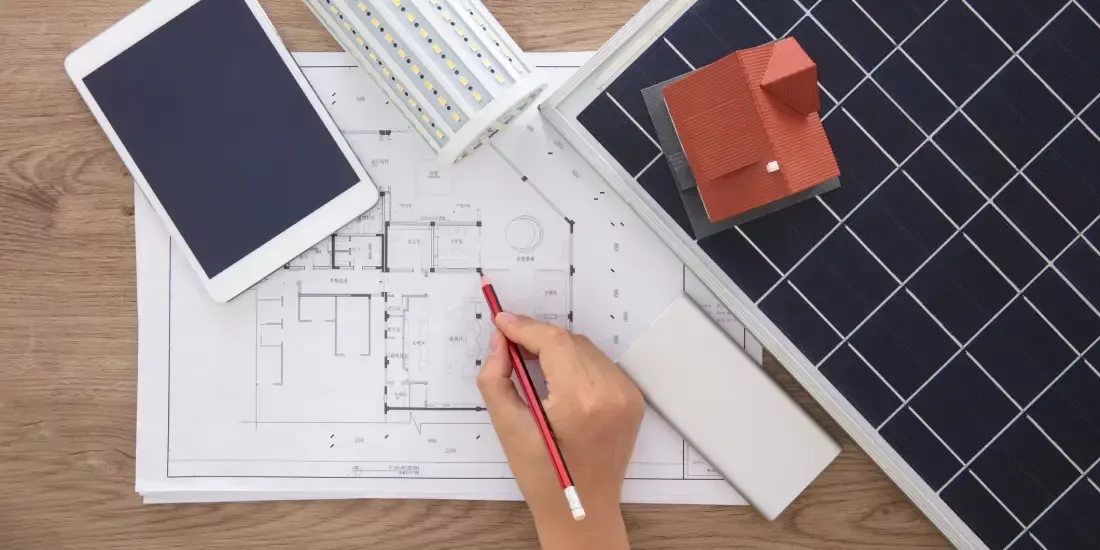
What's On This Page?
Click the links below and head straight to a specific section of the article.
What Are Permitted Developments?
Under the eyes of Building Regulations, permitted developments are works you can perform on your home without applying for planning permission. They are deemed as acceptable in the eyes of the government, so most are able to pursue them without needing to request permission from their council. It’s worth bearing in mind that what’s permitted for houses will be different to flats, maisonettes and other buildings, including commercial premises.
Fortunately, solar panel planning permission no longer needs to be sought in the majority of cases. This makes the installation process a lot cheaper than other household projects, and a lot shorter as well.
Some buildings do still require solar panel planning permission as they have further restrictions on what you can install on your property. These include living in:
Conservation areas
National parks
Areas of Outstanding Natural Beauty
World Heritage Sites
Norfolk or Suffolk Broads
If you’re in doubt about whether you’ll be allowed to install solar panels, you can always contact your Local Planning Authority. They will be able to inform you whether you’ll require solar panel planning permission or if it’s permitted at all.
Solar Panel Planning Permission

At any rate, installing solar panels is still subject to Building Regulations, which means your roof needs to be able to support the additional weight. Your solar panel installer will check this for you, but there are also several points to bear in mind, depending on where the installation will take place.
For Permitted Developments
Generally, solar panel planning permission, whether needed or not, must adhere to the following points:
Your installation should minimise its effect on the external appearance of the building and the amenity of the area
Your installation must not be higher than the highest part of your roof (not including the chimney)
Your installation must not project no more than 200mm from the plane of the roof slope
When no longer needed or to be replaced, your installation should be removed as soon as reasonably practicable (no specific time frame is mentioned)
If your installation is happening outside this criteria or you live in any of the areas described above, you will need to apply for planning permission for solar panels.
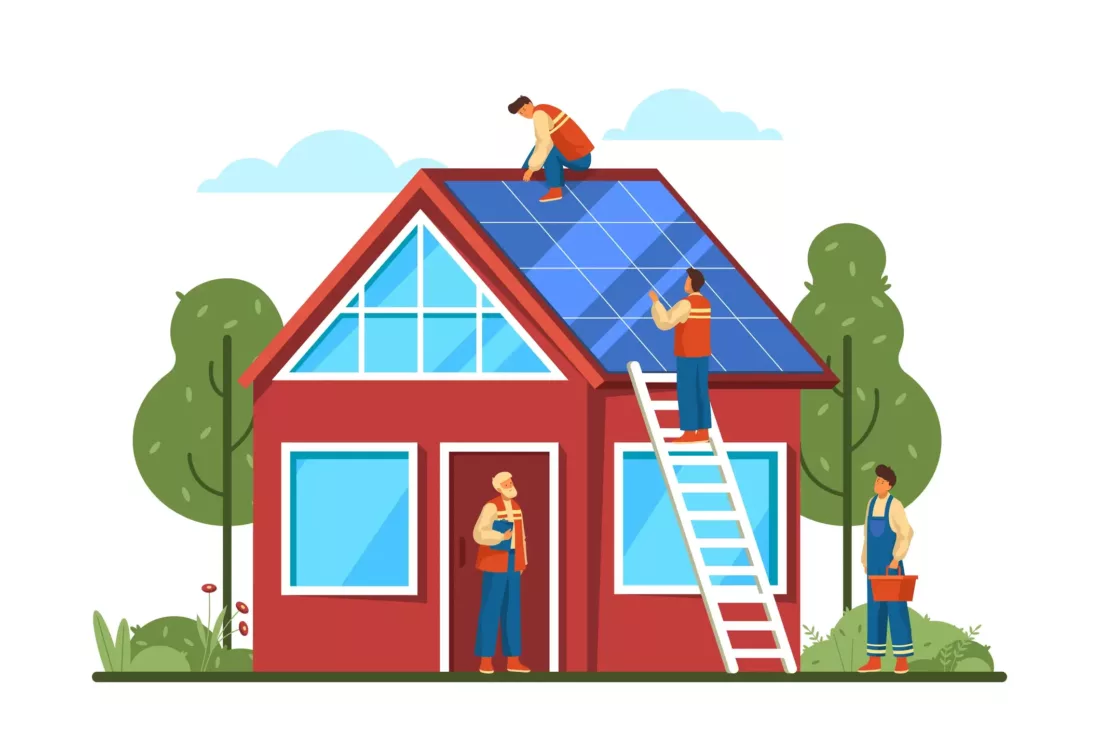
For Ground Mounted Installations
Freestanding, or ground mounted installations, whether requiring solar panel planning permission or not, will need to adhere to the following:
Your installation shouldn’t exceed 4 metres in height
Your installation should be at least 5 metres from the boundary of the property
Your solar panel array shouldn’t exceed 9m² or 3m x 3m
Only one installation is permitted; any other will require solar panel planning permission
If you are exceeding these limits or live in an area outlined above, you will need to apply for planning permission for solar panels.
Health and Safety Building Regulations
This may initially sound like a boring step, but it will actually be covered by your solar panel installer. Building Regulations specify that your solar panels should be installed safely and not put undue stress on your roof. Your installer will check everything during the process to make sure that your roof can support the extra weight of the panels.
As you don’t usually need to acquire solar panel planning permission, the permitted development will automatically adhere to regulations through an MCS registered installer. The bonus of receiving the MCS guarantee is not just on the quality and assurance of your product, but it allows you to benefit from export rates from any energy supplier.
When Solar Panel Planning Permission is Required
Despite most installations being allowed under permitted developments, there are particular situations when you will need to apply for planning permission to install solar panels. It’s still possible to receive permission from your Local Planning Authority, but it’s at their discretion.
Flat Roofs
Installations on flat roofs are different because they will most likely extend 0.2m or more from the roof slope, contravening guidelines. Solar panels work their best when angled towards the sun, which requires supporting frames to be constructed to lift them away from flat roofs. In this way, flat roof installations require solar panel planning permission.
Listed Buildings
As listed buildings are considered of historic value, they are protected in a way to preserve their aesthetic. It is possible to receive permission to install solar panels on them, but it’s much harder. Even before you’re granted solar panel planning permission, you must apply for listed building consent.
Failure to apply for planning permission can lead to imprisonment and unlimited fines. If you’re found to not have received solar panel planning permission or listed building consent, you will have to reverse the changes at your own expense.
Conservation Areas
Conservation areas protect cultural architectural significance throughout the UK. It’s not impossible to receive solar panel planning permission in these areas; it’s just dependent on your Local Planning Authority. Panels on the front of your home that face a highway are likely to be denied, but as solar has a positive effect on the environment they are unlikely to be rejected outright.
How to Apply for Planning Permission
When it comes to receiving solar panel planning permission, you should check any application thoroughly first. Some require an upfront payment or payment at a later date (even if it’s rejected), while others may allow the forms to go through with no charge. The application is usually completed online, but can be done through the council offices if necessary.
Once you’ve determined that planning permission is required, you should start the process.
Get the Information Together
If you require solar panel planning permission, you’ll need to compile the details of where they’ll be located, the size of them and how they might impact the surrounding area. Detailed plans and drawings might need to be submitted alongside this.
Submit Application

Once you have all the required documents, you can compile them together in the application to your Local Planning Authority. Your local council can assist you in this endeavour and will either direct you online or have the necessary paperwork in their offices. You may be required to pay a fee at this point for your solar panel planning permission to go ahead.
Await Decision
One of the worst parts about submitting your application for solar panel planning permission is the waiting game. After submission, the council will review your application and you will have to wait for their response. This can take a couple of weeks or even a few months, depending on how intricate your plans are and how busy the council is.
If You Need to Appeal Their Decision
Councils can reject planning permission for solar panels for a number of reasons, but you are able to appeal their decision if you need to. This requires you to submit it in writing, with the possibility of attending a hearing.
You can appeal your rejected solar panel planning permission if any of the following apply:
It goes against the council’s development plan or planning policy
The conditions outlined are not necessary, enforceable, relevant, reasonable or are generally vague
You haven’t heard from the council for 8 weeks. If a later agreed timescale was given and you haven’t heard anything after this time, you can then submit an appeal
Solar Panel Installation
Once you’ve received solar panel planning permission, your installation can begin. The installer needs to work towards the plans that were agreed upon. Any deviation is likely to result in enforcement action taken against you.
Connection to the Grid
By using an MCS accredited installer, you will be safe in the knowledge that your solar panels have been installed correctly. Once any residential array is up and running, the Distribution Network Operator (DNO) will need to be notified. In most instances, your installer will do this for you. It paints an accurate picture of solar panels throughout the country and the state of the network and its safety.
If, after receiving solar panel planning permission, your installation isn’t registered with the DNO, you should be shown how to do it by your installer. Registering your array can be completed on the government website.
Exporting Unused Electricity
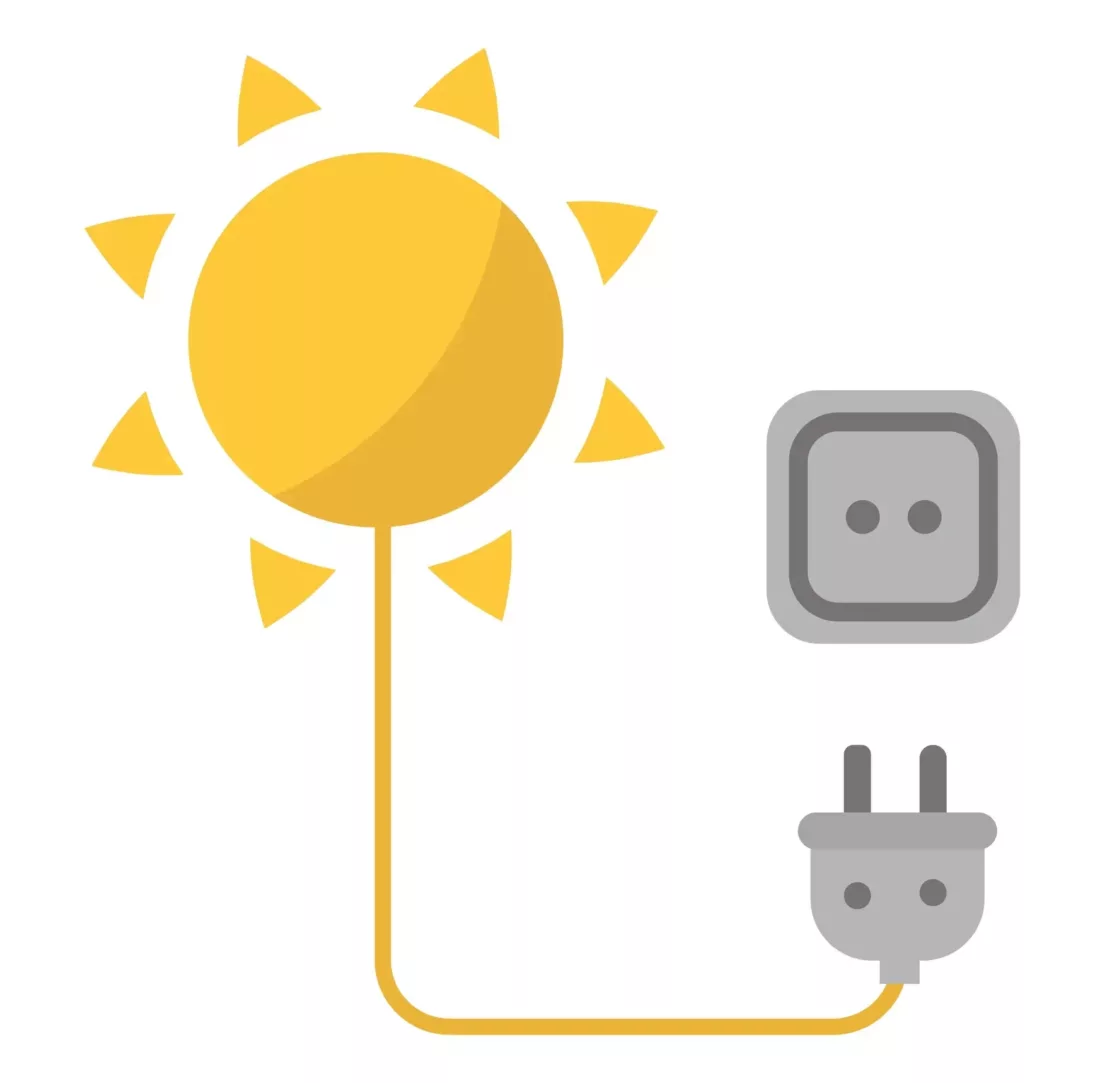
The biggest incentive to using an MCS installer is that their certification allows you to be paid by any electricity supplier for exporting solar energy to the national grid. The Smart Export Guarantee (SEG) is an initiative whereby energy suppliers above a certain size are required to offer a rate above £0 to anyone exporting solar energy to the grid. Competitive rates can be on offer, from fixed 15p/kWh to variable rates that move in line with market prices.
Solar Panel Planning Permission Experts
According to data from the MCS Installations Database, the total number of solar panel contractors that registered with MCS in 2023 totalled 1,415, adding a big chunk to the current total of 3,315. That’s a lot of trustworthy suppliers with expert advice you can rely on. You can see the breakdown of contractors that registered by month last year in the graph below.
So, in summary, the majority of solar panel installations will not require planning permission. A typical house in a typical area can only be installed in a certain way that won’t contravene Building Regulations. To find out how much you’d pay, read about solar panel costs.
Alternatively, use the button below to fill in your details and receive a personalised quote.
Related articles
View all Solar Panel articles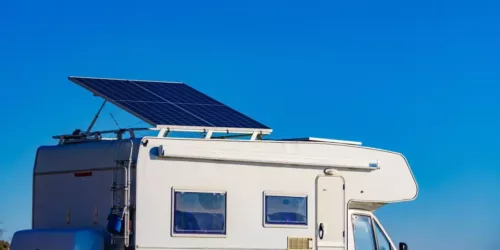
A Complete Guide to Caravan Solar Panels
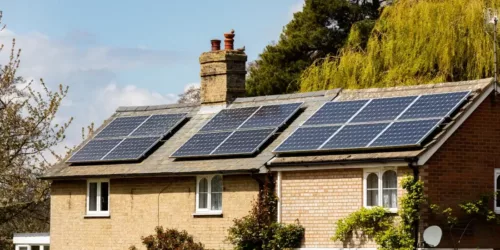
Are Solar Panels Worth It in Wales?
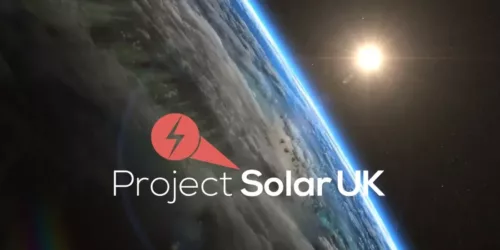
Project Solar UK: Company Overview
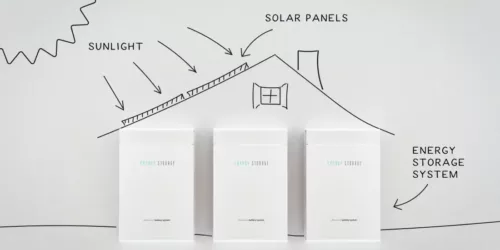
Battery Storage for Solar Panels Explained
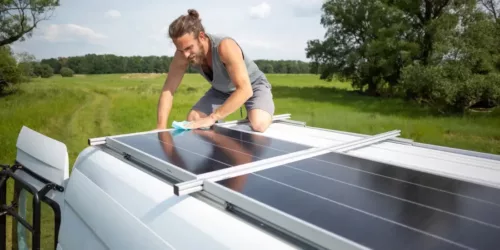
Solar Panel Kits Explained - Everything You Need to Know
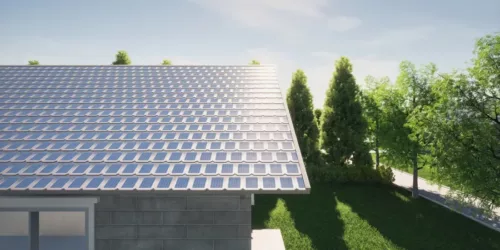
Are Solar Roofing Tiles Worth It?
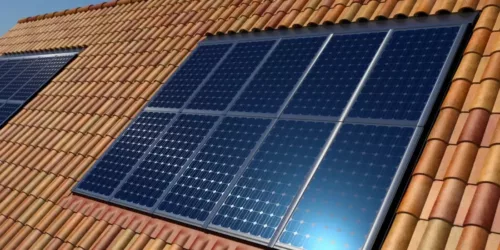
A Complete Guide to Roof Integrated Solar Panels
